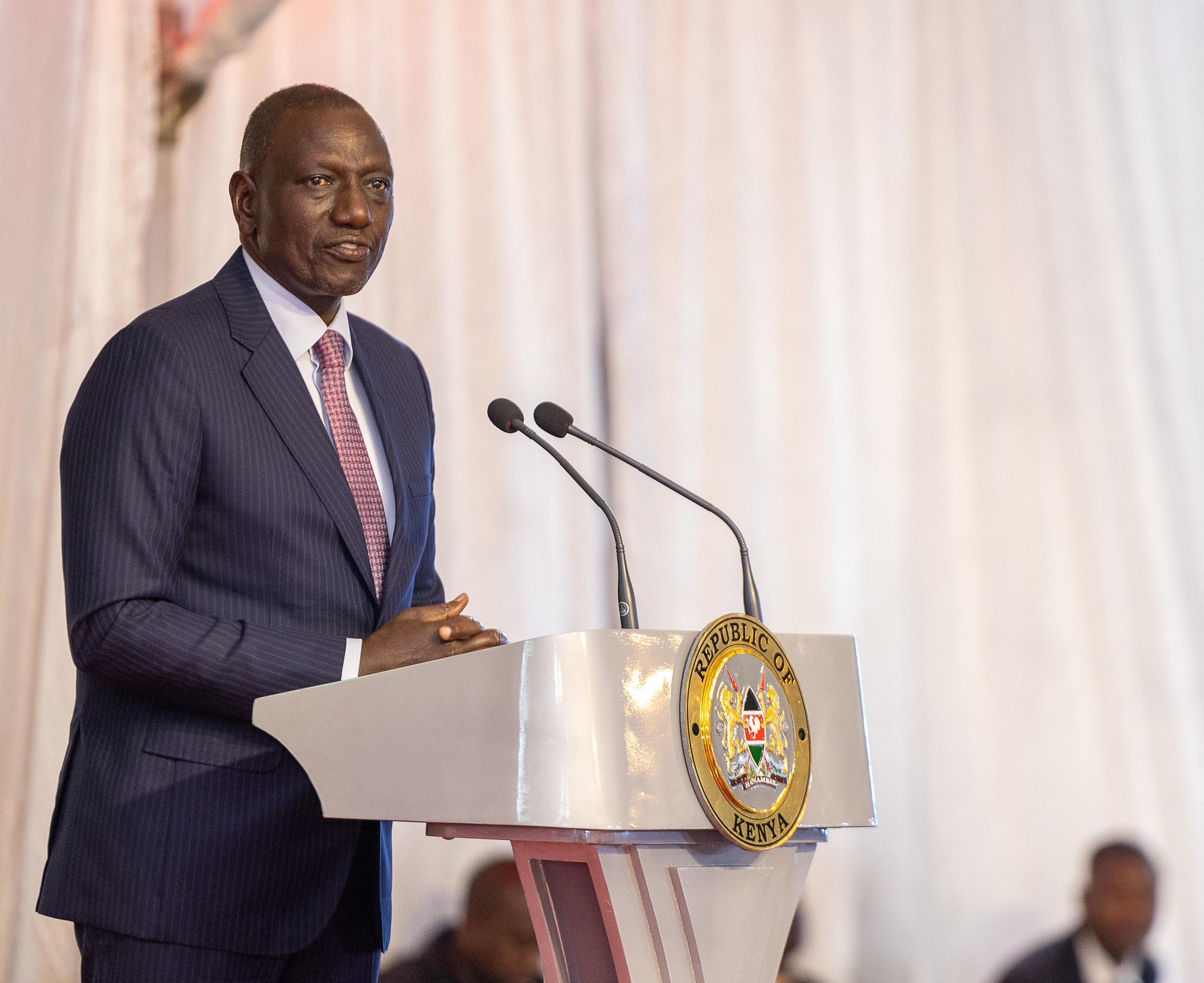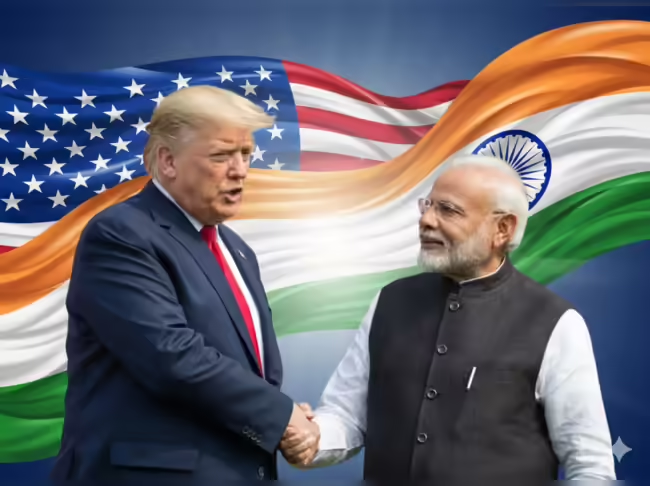Kenya’s recognition of Kosovo’s independence has sparked a strong backlash from Serbia, escalating diplomatic tensions between the two nations. Serbian officials argue that President William Ruto’s move violates UN Security Council Resolution 1244, which recognizes Kosovo as part of Serbia under UN administration.
Serbia has refused to acknowledge Kosovo’s 2008 declaration of independence, maintaining that the region remains an integral part of its sovereign territory. In response to Ruto’s decision, Serbian authorities have condemned Kenya’s stance, warning that it could strain diplomatic ties.
Why Serbia Opposes Kosovo’s Independence
Kosovo, a former province of Serbia, declared independence in 2008 following the Kosovo War (1998-1999), a conflict between Serbian forces and ethnic Albanian rebels. The war ended after NATO intervened, forcing Serbian troops to withdraw.
Despite UNSC Resolution 1244, which placed Kosovo under UN administration while affirming Serbia’s territorial integrity, Kosovo’s government insists it is a sovereign nation.
While many Western nations—including the United States, the United Kingdom, and most of the European Union—recognize Kosovo’s independence, major global powers such as Russia, China, India, and Brazil support Serbia’s claim.
Serbia’s Response and Global Divisions on Kosovo
Serbia’s foreign ministry issued a formal condemnation of Ruto’s move, stating that:
“Kenya’s recognition of Kosovo undermines international law and disregards UN Resolution 1244. It is a regrettable decision that will impact diplomatic relations between our nations.”
This reaction aligns with Serbia’s ongoing diplomatic campaign to block Kosovo’s recognition. Serbian officials highlight that 28 countries have withdrawn their recognition of Kosovo in the past eight years, emphasizing global divisions on the issue.
However, Kosovo welcomed Kenya’s recognition, stating that it is a step toward greater global legitimacy for their independence.
How Kenya’s Recognition Impacts Diplomacy
Kenya has traditionally taken neutral stances on global territorial disputes, making Ruto’s decision a significant shift in foreign policy.
This recognition could:
✅ Strengthen Kenya’s ties with Western allies, particularly the US and EU, who support Kosovo.
❌ Strain relations with Serbia and its allies, including Russia and China, which have economic ties with Kenya.
Kosovo’s Prime Minister Albin Kurti praised Kenya’s decision, calling it “a bold step toward justice and sovereignty.”
Conclusion: What Next for Kenya-Serbia Relations?
Kenya’s recognition of Kosovo aligns it with Western diplomacy, but also risks alienating countries that oppose Kosovo’s independence. Serbia has made it clear that it will continue to fight against Kosovo’s legitimacy, making this issue a long-term geopolitical challenge.
As tensions rise, the impact on Kenya-Serbia relations and broader diplomatic ties remains to be seen.



